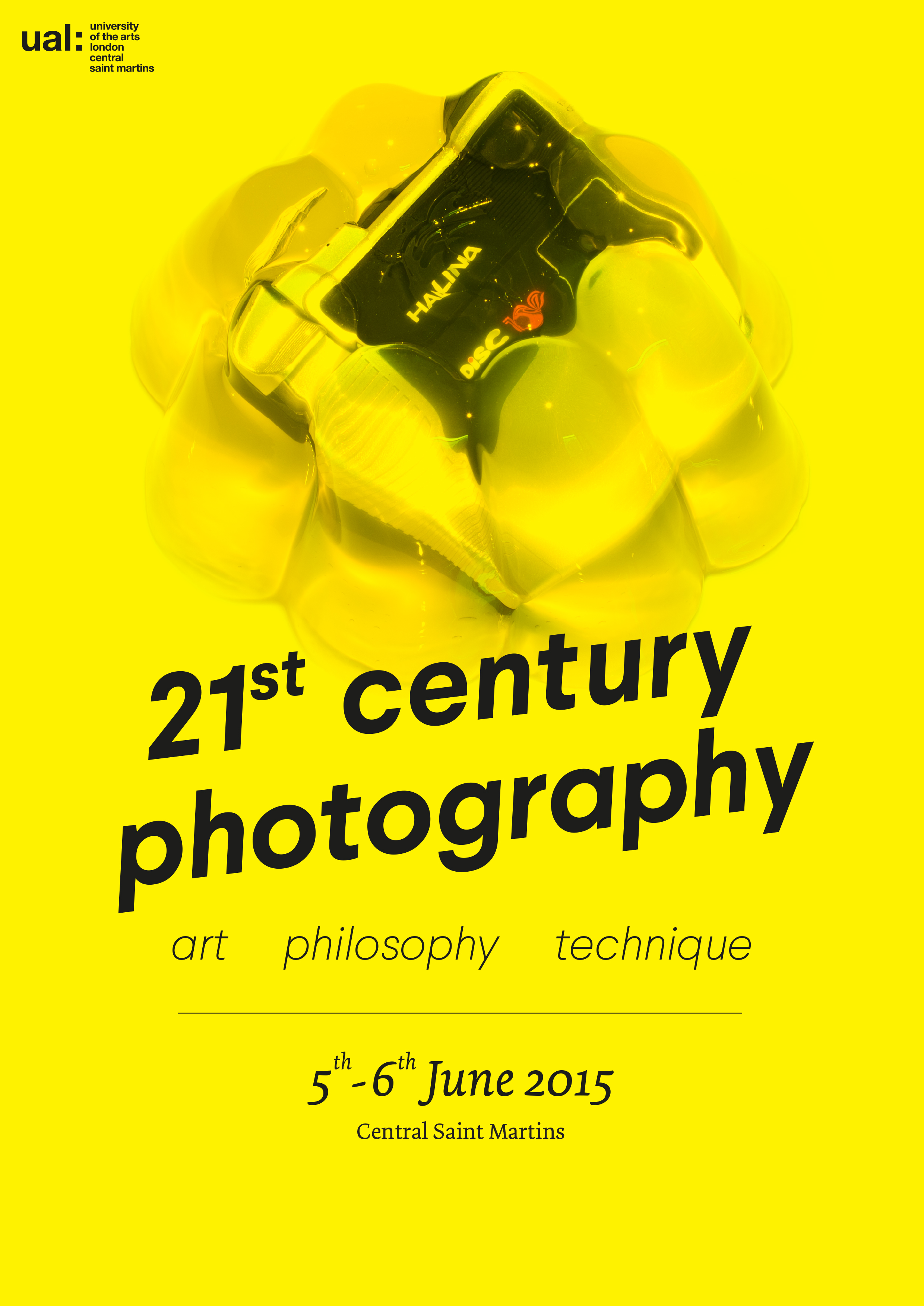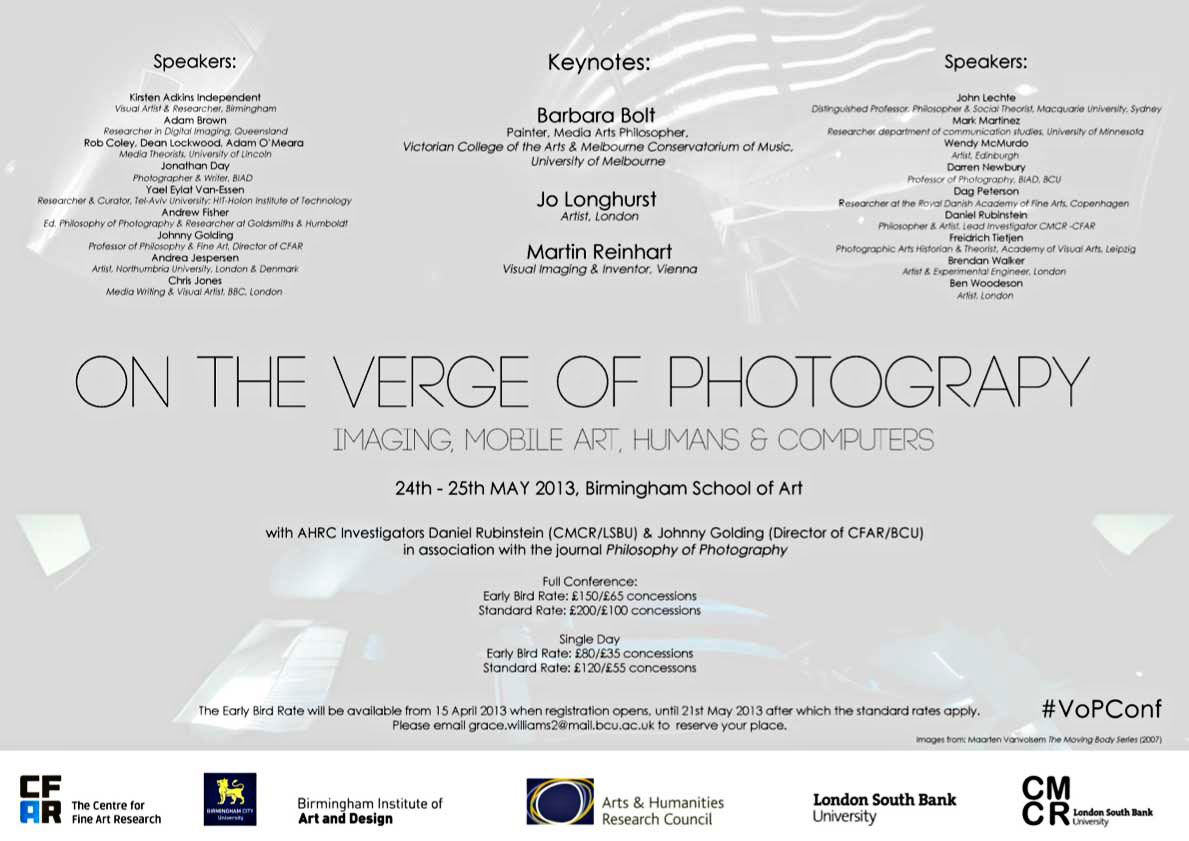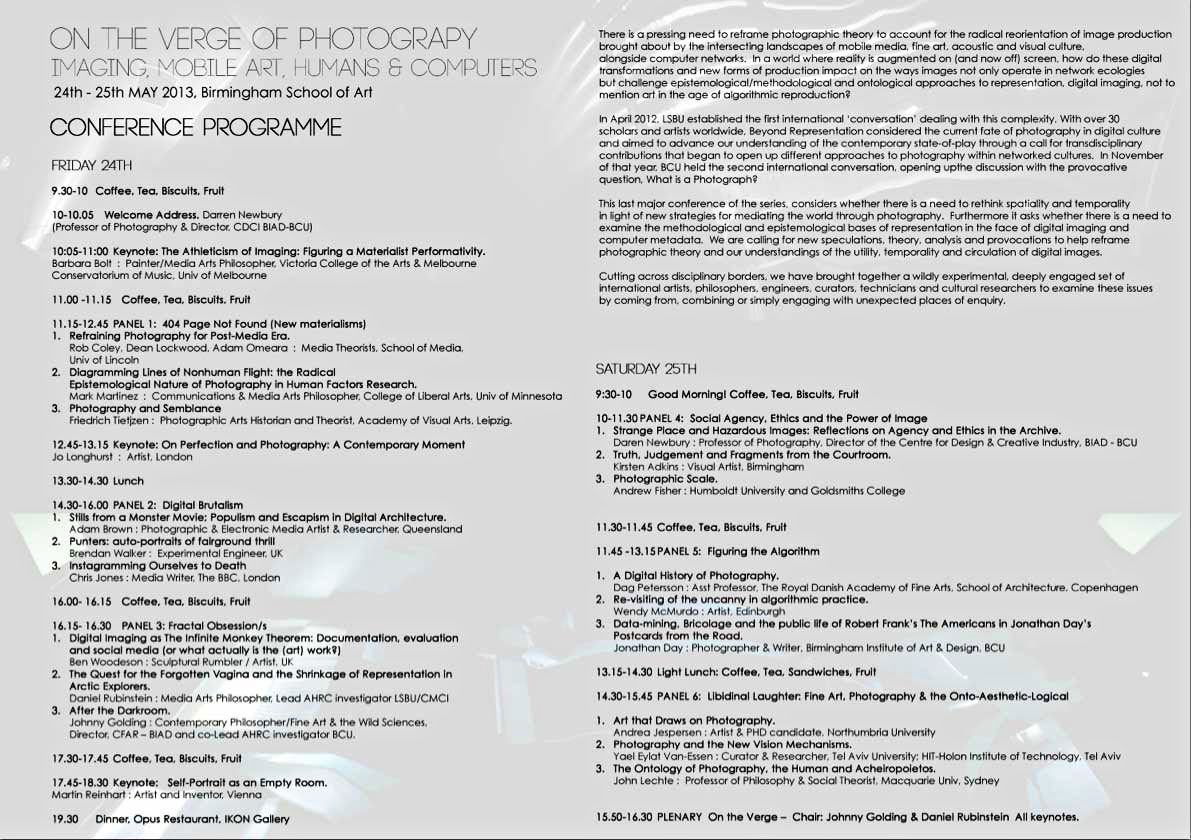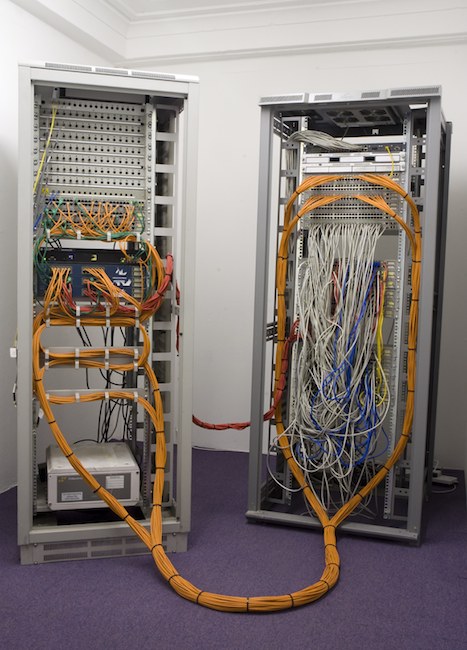Conferences
2015
What is Photography in the 21st Century?
Keynotes:
Prof Johnny Golding
Prof John Roberts
This trans-disciplinary conference aims to explore a series of themes that emerge from the understanding of contemporary photography as the basic unit of visual communication of the age of technology: online, off-line and between the lines.
The aim is to bridge the gap between aesthetic, philosophical and technological approaches to the photographic image and to prompt participants from different backgrounds (fine art, critical theory, philosophy, software/hardware) to engage with each other and to open new avenues for the critical interrogation of the roles of images in contemporary culture.
In the past decade, photography has gained momentum in public and private environments becoming one of the determining factors of contemporary life. The hyper-growth in various forms of digital imagery for screens provides a quintessential example. The triumph of the photographic image as the internally eloquent and profoundly apt expression of computational culture also provides a new philosophical lens upon which to investigate how representation affects norms of meaning-creation, and the ethical and political consequences of the acceptance of images as purveyors of truth.
2013
On the Verge of Photography: Imaging, Mobile Art, Humans & Computers 24-5 May 2013
Keynote: Professor Barbara Bolt (Victorian College of Art, Univ Melbourne). Centre for Fine Art Research (CFAR), Birmingham City University Centre for Media & Culture Research (CMCR), London South Bank University in association with the journal Philosophy of Photography.
2012
Beyond Representation:
Photography, Humans & Computers
24—25 May 2012
Centre for Media & Culture Research, London South Bank University
in association with the journal Philosophy of Photography
There is a pressing need to reframe photographic theory to account for the radical reorientation of image production brought about by computer networks. In a world where air-conditioned server-farms create the real landscape, and where reality is augmented on screens, what do these organizational systems tell us about the ways images operate in network ecologies? As images circulate in the network, acquiring new contexts at each instance, how are we to approach the ontologies of the digital image?
Beyond Representation considers the current fate of photography in digital culture and aims to advance our understanding of the contemporary state-of-play through a call for transdisciplinary contributions that will help to reconsider approaches to photography within networked cultures.
The conference considers whether there is a need to rethink spatiality and temporality in light of new strategies for mediating the world through photography. Furthermore it asks whether there is a need to examine the paradigm of representation in the face of digital code and computer metadata. We are calling for new speculations, theory, analysis and provocationsto help reframe photographic theory and our understandings of the utility, temporality and circulation of digital images.
This conference aims to locate new ways of interrogating the relationship of theory and technology.It makes an open call for contributions that enlarge our understanding of photography and address the question of the materiality of the online image. Cutting across disciplinary borders, we welcome papers from scholars, researchers, research students, academics, practitioners and curators working in any of the areas below. The organizers are keen to encourage transdisciplinary approaches and welcome abstracts from unexpected places of enquiry.
The conference seeks to establish transdisciplinary connections between photography and the following fields of study: Geography, Law, Economics, Criminology, Performance Studies, Cultural Studies, Visual Culture, Image Studies, Sonic/Aural Culture, Philosophy, Computer Science, Science and Technology Studies, Software Studies, Art History, History of Media, Media Archaeology, Post-colonial Studies, Literary Studies, Anthropology.




